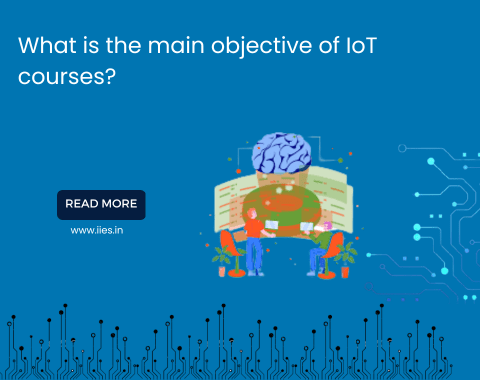Fundamentals of IoT
To grasp the concept of IoT, individuals must have a solid understanding of its fundamental components. IoT courses cover the basics, including the various sensors, connectivity options, and data processing methods used in IoT systems. Additionally, learners gain insight into IoT communication protocols such as MQTT, HTTP, and CoAP, which are essential for effective data exchange between devices.
Hardware and Software
IoT courses provide a comprehensive overview of the hardware and software components used in IoT systems. Students learn about sensors, actuators, and microcontrollers that form the backbone of IoT infrastructure. Hands-on experience with popular IoT development platforms like Arduino and Raspberry Pi enables learners to build their own IoT prototypes. Additionally, understanding different IoT platforms allows individuals to leverage existing frameworks and tools in their projects.
Data Analytics and Management
Data plays a critical role in IoT, and IoT courses emphasize the importance of data analytics and management. Learners gain insights into the concept of Big Data in the context of IoT and learn how to collect, store, and analyze data effectively. Moreover, understanding data security and privacy considerations is crucial in an increasingly connected world.
IoT Networking and Communication
Networking is a fundamental aspect of IoT, and IoT courses cover various technologies and protocols used for IoT communication. Wi-Fi, Bluetooth, and LoRaWAN are some of the key networking technologies covered in these courses. Learners are equipped with the knowledge to set up IoT communication networks and ensure reliable data transmission.
IoT Applications and Case Studies
IoT courses introduce learners to real-world applications of IoT in different industries. By studying successful case studies, students gain insights into diverse IoT implementations and the challenges encountered during the project lifecycle. This understanding helps individuals develop practical solutions and innovate in their own IoT projects.
The Benefits of IoT Training
IoT training offers several benefits for individuals looking to pursue a career in this field. Firstly, IoT courses provide a comprehensive education that equips learners with the necessary skills and knowledge. Obtaining IoT certifications enhances employability and demonstrates expertise in the IoT domain. With the increasing adoption of IoT technology, the demand for IoT professionals is growing rapidly, resulting in increased career advancement opportunities and higher earning potential.
Choosing the Right IoT Course
Selecting the right IoT course is crucial for obtaining quality education and industry recognition. Factors to consider include the curriculum, reputation of the educational institution, and accreditation. Individuals must also choose between online and in-person courses, considering their learning style and convenience. Evaluating these factors ensures that individuals receive valuable IoT education that aligns with their career goals.
Preparing for a Career in IoT
To enter the IoT field successfully, individuals must prepare strategically. Building a strong IoT portfolio that showcases practical projects and hands-on experience is crucial. Networking with industry professionals and actively seeking job opportunities in the IoT sector is also important. Additionally, staying updated with industry trends and advancements through continuous learning and professional development increases the chances of career success in IoT.

